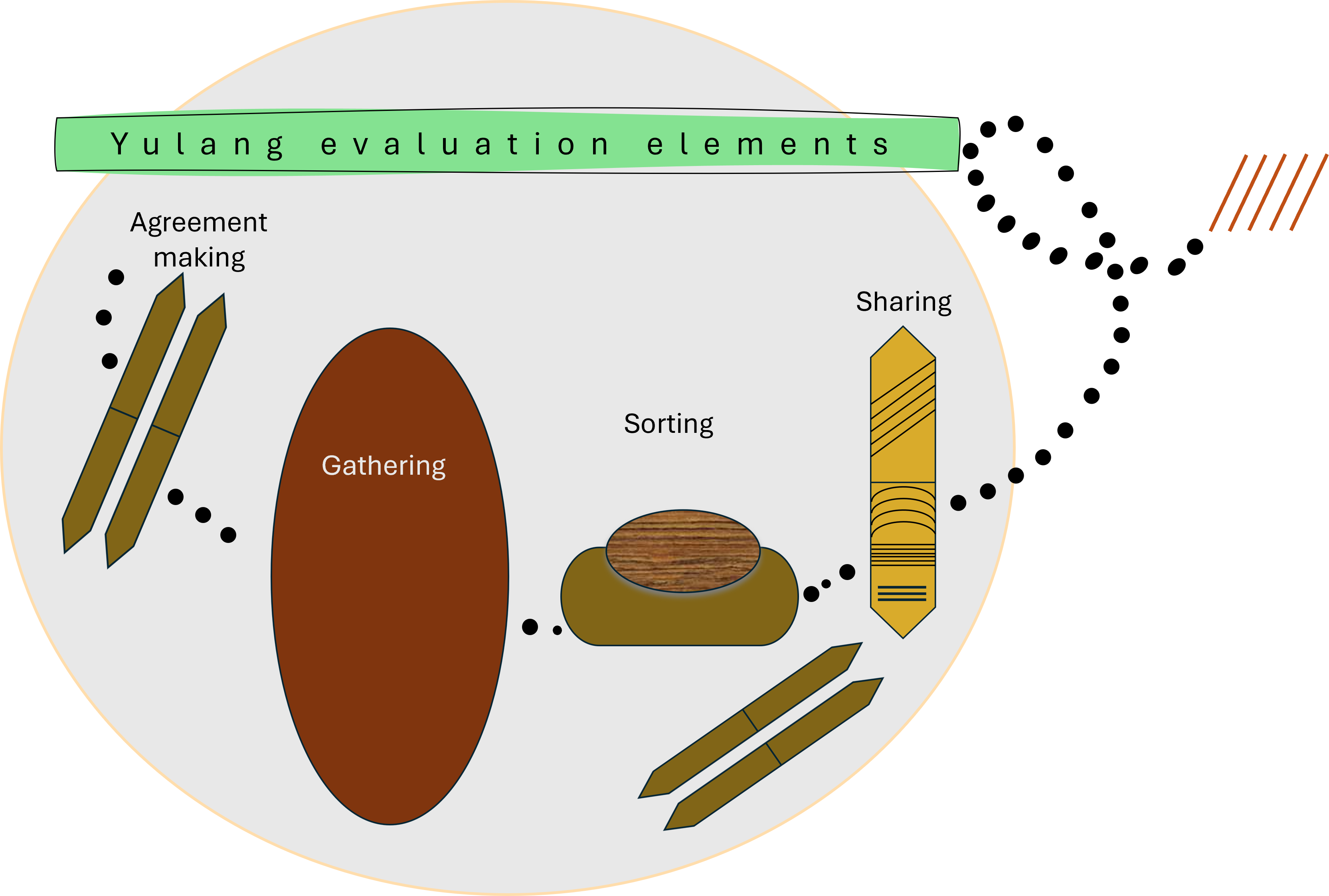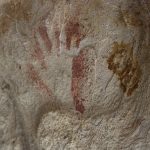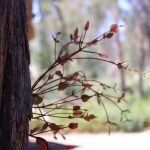
September 2024
Download Gulbarra: Guide to developing an Indigenous evaluation plan PDF
This Gulbarra (understanding) guide will help you develop an evaluation plan for your evaluation. It helps you understand how you will carry out a particular evaluation of a policy or program that involves or effects Aboriginal and Torres Strait Islander people.
This Gulbarra guide is best used after you have used the Mawang guide to developing an Indigenous evaluation framework. That will have set up how you will approach any evaluation within your organisation – this will guide you as to what you will do in a particular evaluation.
This template provides a series of prompts to be answered, preferably by the main stakeholders in the evaluation. If more than one group of people is involved, it may take a series of meetings.
The plan has four elements – agreement-making, gathering, sorting and sharing. You can work through them one at a time.

To use Gulbarra, download the Word doc above. If you have any problems, please get in touch. Good luck.







